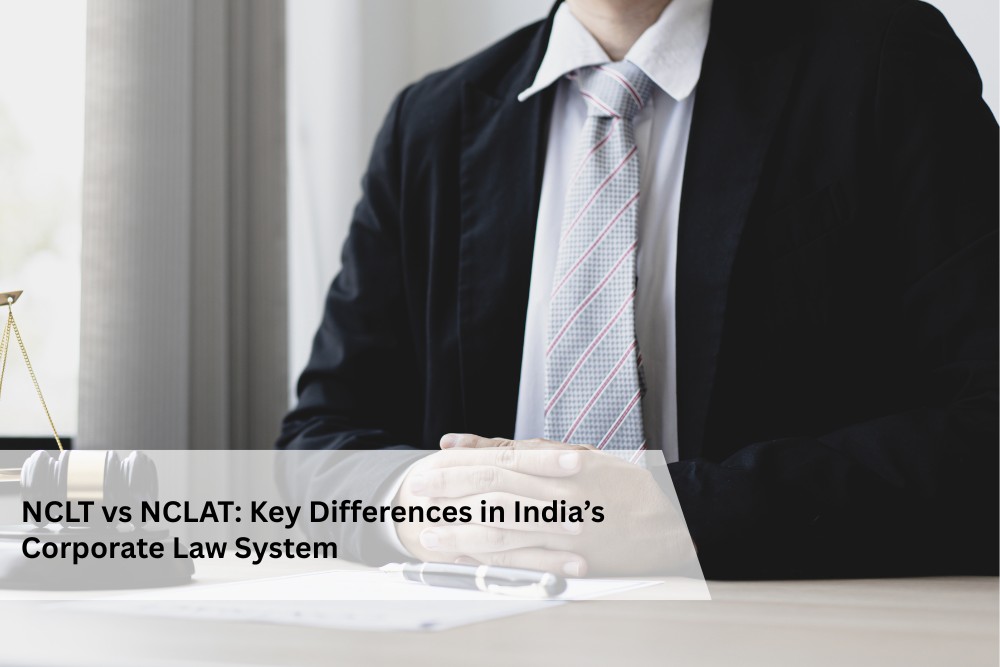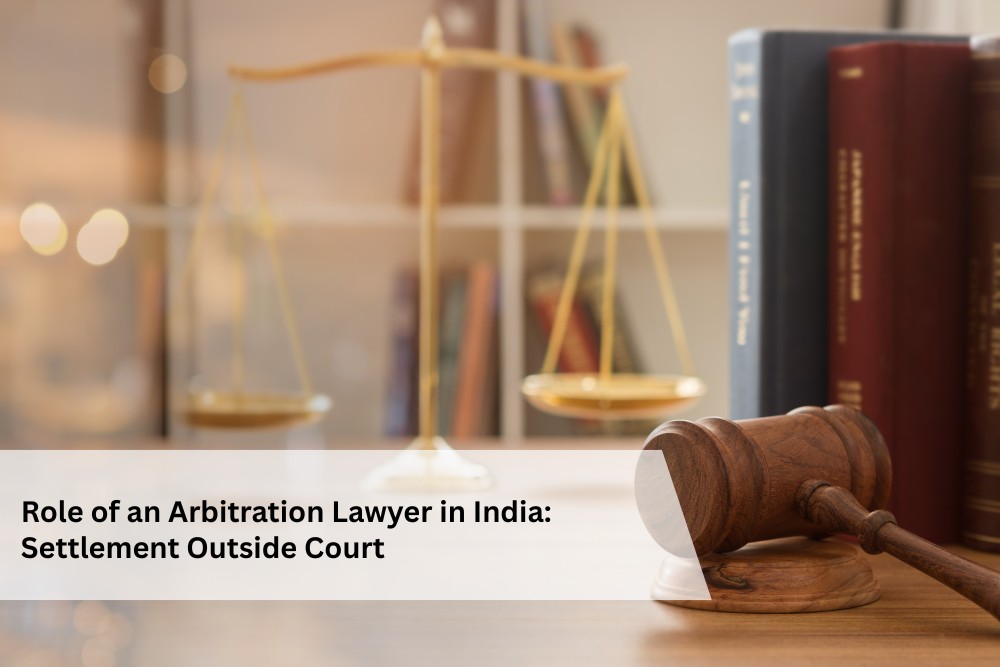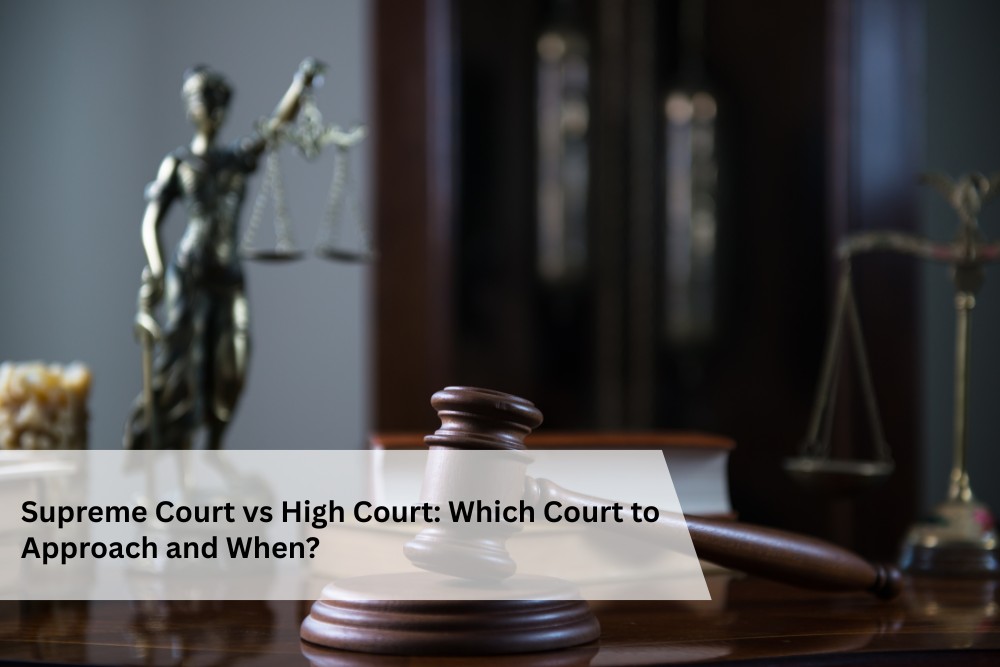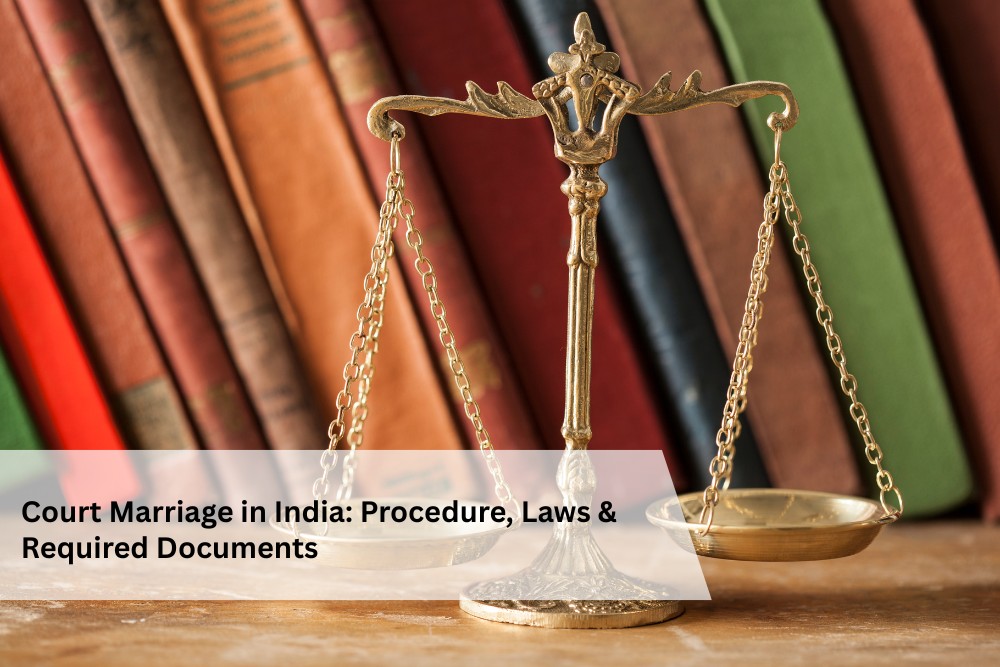
In India’s corporate legal system, two powerful bodies—the National Company Law Tribunal (NCLT) and the National Company Law Appellate Tribunal (NCLAT)—play vital roles in resolving corporate, insolvency and company law matters. While both institutions serve businesses and individuals engaged in corporate legal proceedings, their functions, powers and jurisdictions are distinct.
This blog outlines the key differences between NCLT and NCLAT to help individuals and corporations understand their legal options in company and insolvency-related disputes.
What is NCLT?
The National Company Law Tribunal (NCLT) is a quasi-judicial authority established under the Companies Act, 2013. It handles disputes and matters related to company law, including:
-
Company incorporation and operational issues
-
Oppression and mismanagement cases
-
Shareholder disputes
-
Mergers and amalgamations
-
Company dissolution
-
Matters under the Insolvency and Bankruptcy Code (IBC)
NCLT acts as the adjudicating authority for corporate insolvency resolution processes (CIRP) under the IBC.
What is NCLAT?
The National Company Law Appellate Tribunal (NCLAT) was constituted under Section 410 of the Companies Act, 2013. It is the appellate authority that hears appeals from decisions made by:
-
NCLT
-
Insolvency and Bankruptcy Board of India (IBBI)
-
Competition Commission of India (CCI) (in select matters)
NCLAT has the power to review and overturn or uphold NCLT orders.
Key Differences Between NCLT and NCLAT
| Full Form | National Company Law Tribunal | National Company Law Appellate Tribunal |
| Established Under | Companies Act, 2013 | Companies Act, 2013 |
| Primary Role | Adjudicating authority | Appellate authority |
| Jurisdiction | Original jurisdiction in company law matters | Hears appeals from NCLT, IBBI, and CCI decisions |
| Focus Areas | Company law, mergers, insolvency, governance | Appeals in corporate and insolvency matters |
| Legal Power | First-level decision maker | Review and reconsideration of NCLT decisions |
| Filing Location | Where company is registered or issue arose | New Delhi |
| Next Appeal | Appeals lie with NCLAT | Appeals lie with the Supreme Court of India |
Why the Distinction Matters
If you are involved in a company dispute, merger, shareholder conflict, or insolvency matter, your case will initially be filed in the NCLT. If you are dissatisfied with the outcome, you have the right to appeal to the NCLAT within 45 days of the NCLT judgment.
Understanding the correct forum helps avoid delays, ensures proper filing and allows you to work with the right legal professionals.
How BGD Associates Helps with NCLT and NCLAT Matters
BGD Associates, based in Delhi, assists startups, companies and individuals in navigating corporate legal issues. Whether you're filing a petition before the NCLT or appealing an order before the NCLAT, the coordination team at BGD Associates can connect you with experienced corporate lawyers and insolvency professionals.
From document preparation to legal strategy, the platform ensures compliance and clarity at every stage.





